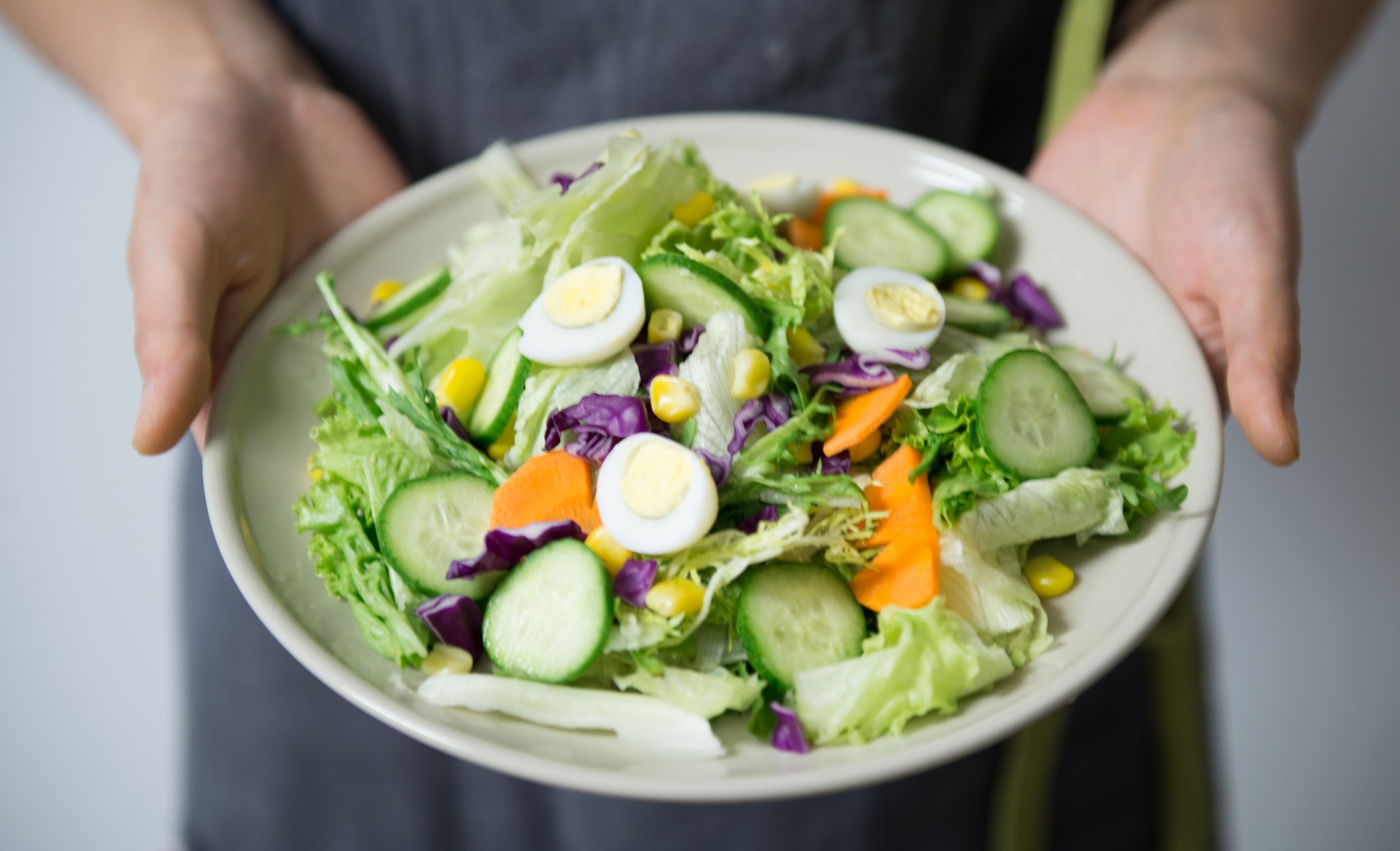
Weight Loss, Nutrition and Diabetes
The most important thing to those with diabetes is the start of living a healthy lifestyle which can lead to weight loss. Weight loss will help with the various statistics that you are monitoring after diagnosed with diabetes. Of course, weight loss also lowers the risk of other diseases like the ever-dreaded heart disease. The bottom line is, if you are overweight, you need to significantly change the way you have been eating and start doing exercise.
A healthy diet coupled with fair amount exercise is an important part of weight loss. Dieting can be a daunting task for almost anyone. With diabetes, it is very important to monitor the food you eat to keep your glucose level within the normal range. If you are planning to lose weight, please do it the correct way. Do not go the yo-yo dieting way because it is dangerous with diabetes.
The correct way to lose weight is lower your caloric intake to 500 calories under what you need to maintain your weight. (3500 calories equal to a pound) Staying away from fatty and oily food is important. You should pay close attention to preparing your food unless you have a professional to give you a diet plan which is highly recommended. With preparation, you can reduce hundreds of unwanted calories which can successfully lead to weight loss.
You can purchase a professional diet plan from Here and lose weight with straightforward guidelines. Many critics agree that is the best! In addition to earning Forbes magazine’s Best of the Web award for the diet & nutrition category in both 2004 and 2005.
Nutrition
Following a healthy nutritional menu can be very difficult for the first time, but it is something that everyone can do with little discipline and determination. In the past, I have lost over 50 lbs and gained another 47lb of muscle. In any case, being aware of your diet is essential in keeping your blood sugar at a normal level and remaining healthy. You should follow these general tips from the American Diabetic Association.
- – Eat more starches such as bread, cereal and vegetables. You can add black beans or corn to salads or casseroles, or maybe eat a bowl of cold cereal with non-fat milk every morning. In any case, you should aim for six servings day.
- – Aim for five servings of fruits or vegetables. Snack on fruits, it’s as simple as that. Instead of eating that chocolate chip cookie, throw in an apple or a pear. Personally, I love celery and, not to advertise or anything, I love V8 Vegetable Juice. I can drink 5 of those every hour.
- – Eat sugars and sweets in moderation. You should definitely limit your sweets consumption to once or twice a week. Personally, I prefer to go cold turkey when on a diet. If it’s not in my house, I’m not going to go out of my way to eat it.
Soluble fibres are found mainly in fruits, vegetables and some seeds, and are especially good for people with diabetes because they help to slow down or reduce the absorption of glucose from the intestines. Legumes, such as cooked kidney beans, are among the highest soluble fibre foods. Other fibre-containing foods, such as carrots, also have a positive effect on blood sugar levels. Insoluble fibres, found in bran, whole grains and nuts, act as intestinal scrubbers by cleaning out the lower gastrointestinal tract.
Vitamins
One out of three people with diabetes will develop kidney disease. There is a treatment that prevents the kidney from damage if you notice the warning signs before the kidney function is reduced. Vitamins C and E and an assortment of minerals play an important role in affecting the development of kidney disease as well as eye problems. There has been extensive research conducted showing the positive effects of taking supplementary vitamins.
